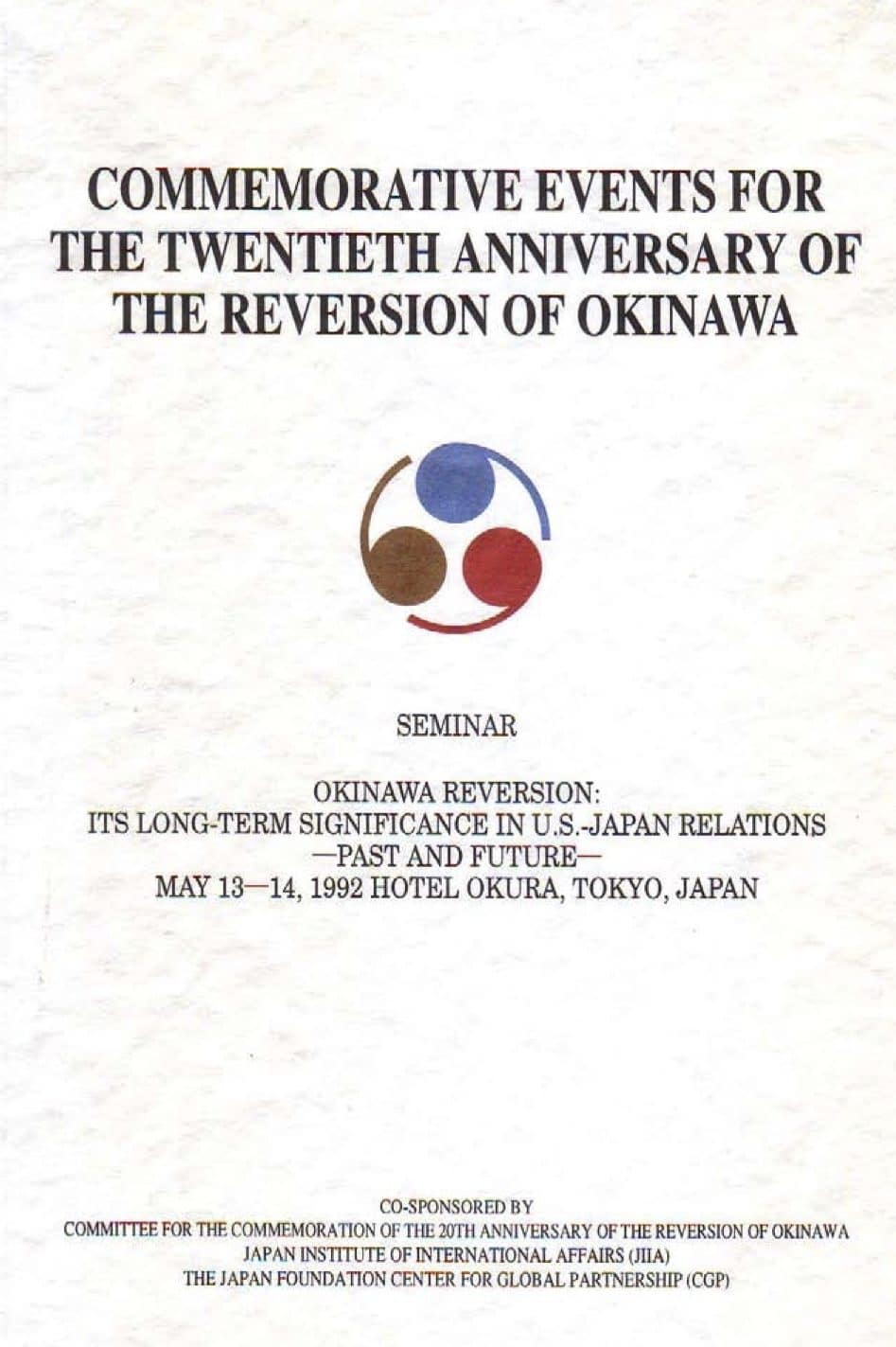The military Battle of Okinawa, an 80-day maelstrom in April–June 1945, became a political battle lasting through the San Francisco Peace Treaty formally implemented on April 28, 1952, until May 15, 1972, when the United States “returned” Okinawa to Japan.
Okinawa’s reversion, the prelude to the reversion—the cold wars (China-Soviet, Soviet-US, and US-China) and the hot wars (Korea and Vietnam)—the decision-making processes in the American and Japanese governments, and the postlude to the reversion (reversion as a turning point in US-Japan relations) are the topics of papers presented at a two-day seminar, “Okinawa Reversion: Its Long-Term Significance in US-Japan Relations—Past and Future,” held in Tokyo in 1992. The papers are compiled, in order of presentation, into this book. The seminar’s four sessions are summarized in the final chapter.
Contents
Foreword
The Significance of the Seminar on the Commemoration of the Reversion of Okinawa
Akio Watanabe
Papers
- The Cold War in Asia
Tadashi Aruga, Professor, Hitotsubashi University - Vietnam: Reflections and Lessons
Thomas Schelling, Distinguished Professor of Economics and Public Affairs, University of Maryland - Okinawa Reversion as a Turning Point in Postwar US-Japan Relations
I. M. Destler, Professor, School of Public Affairs, University of Maryland - USCAR Policies 1964-1972
Seigen Miyasato, Professor and Director of the Center for Japan-U.S. Relations, International University of Japan - The Okinawa Reversion and After: An Assessment of the Record During the Past Two Decades
Akio Watanabe, Professor of International Relations, University of Tokyo - Japan’s Decision-Making Process
Haruhiro Fukui, Professor of Political Science, University of California, Santa Barbara - American Decision Making on Reversion of Okinawa: A Memoir
Morton Halperin, Director, Center for National Security Studies - The Road to the Reversion of Okinawa Comparing Decision-Making Processes: Japan and the US
Makoto Iokibe, Professor, Kobe University - The United States and Japan—The Past and Future
Robert A. Scalapino, Robson Professor of Government Emeritus, University of California, Berkeley - Asia and US-Japan Relations Since the Reversion of Okinawa
Masataka Kosaka, Professor, Kyoto University
Summary
Summary: Okinawa Reversion: Its Long-Term Significance in U.S.-Japan Relations—Past and Future
Gerald J. Cardinale, Former Visiting Fellow, Japan Institute of International Affairs
By Akio Watanabe, et al; foreword by Akio Watanabe



